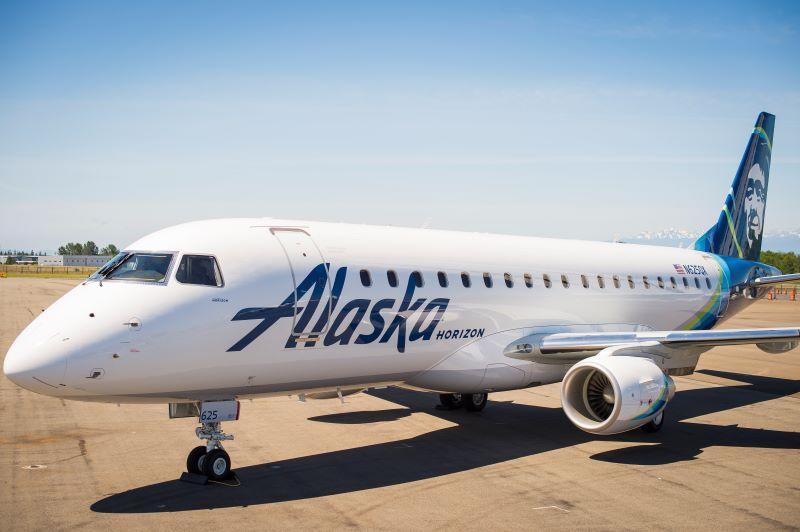Pilots Subdue Colleague In Attempted Disruption Of Horizon Flight

Credit: Alaska Air Group
Airline flight operations departments are emphasizing the value of vigilance in the wake of an off-duty pilot’s attempt to disrupt and possibly take down a Horizon Air Embraer E175 while riding in the jump seat. The Oct. 22 incident took place on Horizon Flight 2059 between Everett, Washington, and...
Subscription Required
This content requires a subscription to one of the Aviation Week Intelligence Network (AWIN) bundles.
Schedule a demo today to find out how you can access this content and similar content related to your area of the global aviation industry.
Already an AWIN subscriber? Login
Did you know? Aviation Week has won top honors multiple times in the Jesse H. Neal National Business Journalism Awards, the business-to-business media equivalent of the Pulitzer Prizes.






